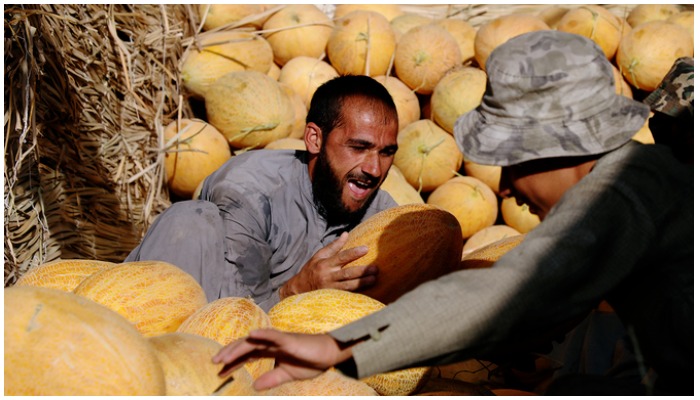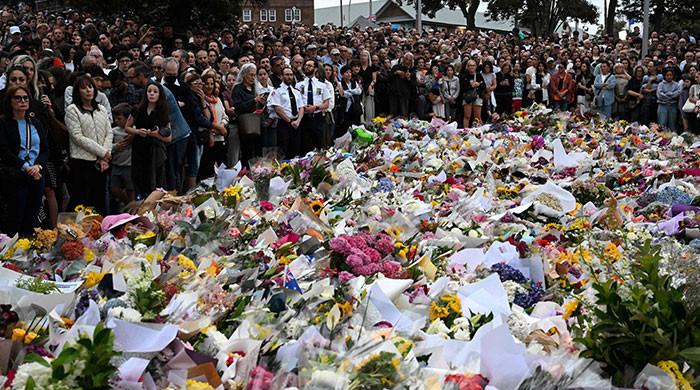Kabul hopes for more work and international recognition for Afghanistan
Shopkeeper says Afghanistan must be recognised officially by other countries so Afghans could get rid of misery
October 25, 2021

- Shopkeeper says Afghanistan must be recognised officially by other countries so our people could get rid of this misery and challenges.
- The food crisis, exacerbated by climate change, dire in Afghanistan even before the takeover by the Taliban.
- Millions of Afghans could die of starvation unless urgent action is taken to pull Afghanistan back from the brink of collapse, a UN official warned.
Amid food shortages and rising inflation in Afghanistan, the Kabul vendors said Monday they hoped for more work and international recognition for Afghanistan.
"The only thing we want is work, and Afghanistan must be recognized officially by other countries so our people could feel comfort and get rid of all this misery and challenges," said shopkeeper Khwaja Farooq Sediqi.
Afghanistan was plunged into crisis in August after Taliban fighters drove out a Western-backed government, prompting donors to hold back billions of dollars in assistance for the aid-dependent economy.
The food crisis, exacerbated by climate change, was dire in Afghanistan even before the takeover by the Taliban, whose new administration has been blocked from accessing assets held overseas as nations grapple with how to deal with the group. Many countries have refused to recognize the Taliban, who until recently were fighting foreign troops and their Afghan allies.
Millions of Afghans, including children, could die of starvation unless urgent action is taken to pull Afghanistan back from the brink of collapse, a senior United Nations official warned, calling for frozen funds to be freed for humanitarian efforts.
World Food Programme (WFP) Executive Director David Beasley told Reuters that 22.8 million people - more than half of Afghanistan's 39 million population - were facing acute food insecurity and "marching to starvation" compared to 14 million just two months ago.









